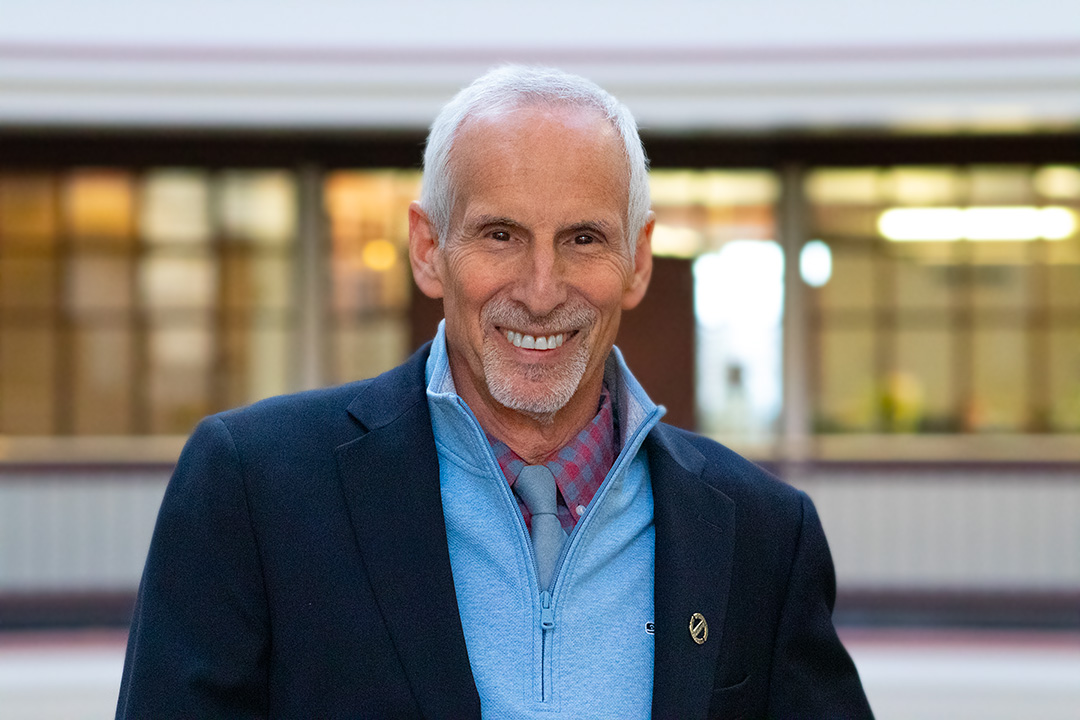Senators Needleman, Osten Report Mosquito Activity Does Not Yet Show EEE; Virus Is Not Expected to Be Seen Until Mid-August
After last year’s significant outbreak of Eastern Equine Encephalitis, in which three Connecticut residents tragically passed away from the mosquito-spread illness, Senators Norm Needleman (D-Essex) and Catherine Osten (D-Sprague) maintained regular contact with scientists and researchers from the Connecticut Agricultural Experiment Station to monitor any threat of the virus’s spread in 2020. According to recent reports from CAES staff, mosquito trap collections across the state are currently at a rate that’s “normal to below normal” for this time of year, with collection numbers similar to historic figures.
No mosquito samples have tested positive for EEE or West Nile Virus, a second significant mosquito-transmitted illness, at all 108 trapping locations in Connecticut thus far in 2020. Each site is seeing sample collection once every 10 days, with those collections expected to increase in areas where increased EEE or West Nile activity is seen.
“Connecticut’s response to COVID-19 has been strong. In that context, though, we should be more focused than ever on preventing further outbreaks of infectious diseases across our state,” said Sen. Needleman. “These results show that our response to EEE after last year are improving, especially as expanded state funding has allowed new mosquito testing sites to be set up in regions of our state hit hard last year. The threat of EEE remains, especially as summer continues, but at this time we can rest assured we will have a faster, better response in 2020.”
“It is reassuring to have positive news about EEE this year,” said Sen. Osten. “Not only is activity not seen yet, but if or when that activity does come, we will have an earlier warning and more information to protect our residents. I am happy the increased state funding for EEE testing is already showing dividends.”
Share this page: